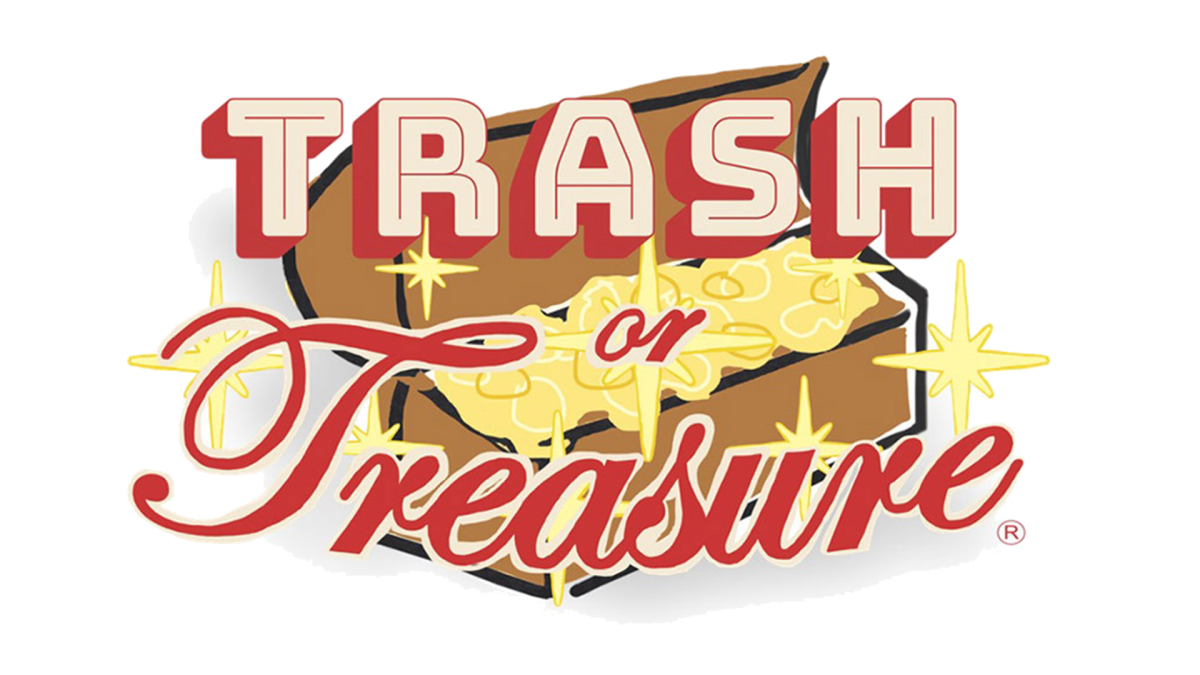Ah, 2020, the start of a new decade. The summer Olympics are set for Tokyo this year, and the United States has some strong athletes that the country should unify around. But never fear! The presidential election is here to rip that unity apart and destroy any semblance of camaraderie.
I am preparing myself appropriately for the election. I have stocked up on skepticism, practiced my blank expression for when politics randomly come up, and plunged my level of media trust to a historic personal low.
But really, there’s only so much prepping one can do. Every year, I hear politicians, pundits, and citizens alike say things that make me raise an eyebrow. And one of the most eyebrow-raising things I hear that is guaranteed to come up every year is the claim that the electoral college is a terrible idea.
For those who don’t remember how the electoral college works, look up the Schoolhouse Rock song; it explains it pretty well, and I don’t have the room to explain it.
Interestingly enough, the electoral college has received bipartisan opposition, which is not that common in today’s political circles. However, just because both parties agree on this issue does not mean that it is the best choice.
The main claim opponents make is that “it’s not fair, not everyone’s vote is worth the same!” The electoral college can allow for a person who loses the popular vote to still win, like in the 2016 election. Democrats also like to say that the electoral college unfairly favors Republicans because of typical Republican domination in the Midwest.
Republicans only have a very slight advantage. Lots of people overlook the fact that Democrats have many little states they control, and when the votes from those places are compared, Republicans come out only a few votes ahead. The difference is negligible.
And this is what the electoral college is about: balance. Primarily, the balance of location. People in rural areas have different needs and perspectives on the world than urban dwellers.
A simple example is how some adults in big cities do not always have driver’s licenses. For them, public transportation takes them almost anywhere they need to go, and the rest of the distance can be made up by walking or biking. Driving is actually inconvenient as it is difficult to find parking, especially free parking.
But, here in Bryan, lacking a driver’s license is not only inconvenient but is socially frowned upon. High schoolers work to get their license as soon as possible, and one of the first questions an adult will ask teenagers is if they have their license yet. Earning a license is an expectation.
It’s easy for a politician from a big city to tax gasoline because in their experience, driving can mostly be avoided. Similarly, a politician from a small city might not think twice about getting rid of parking meters because to them, access to parking is almost a necessity and shouldn’t need to be paid for.
Because there are naturally more people in urban areas than rural ones, it is easy for the rural part of the country’s voice to become drowned out. The electoral college helps give people living in rural areas some power over who is president.
At the same time, urban areas have a distinct advantage over rural ones by receiving a significantly larger number of electoral votes than rural states, which keeps them influential.
Why does rural or urban matter in elections? Generally speaking, urban areas tend to align Democrat and rural areas Republican. Keeping rural versus urban government representation balanced helps keep ideological representation balanced.
Please note that I am not saying that the government should work to keep both parties equally powerful, nor am I advocating a political party over another. However, in surveys, the percentage of those claiming to be Democrats or Republicans is usually within 5 percent of each other. At the time of this writing, Gallup has them at even percentages. Our elections should represent that closeness, and the electoral college gives benefits to both parties to more accurately represent ideological distribution.
The electoral college also has the added benefit of forcing presidential candidates to campaign to the entire country instead of just high-population regions. If we were to elect the president by a popular vote, it would be a waste of a candidate’s time to go to smaller areas. Thus, by giving candidates a reason to care more about every area of the country, they put more effort into reaching out to as many places as possible.
Plus, the electoral college requires a candidate to receive the majority of the electoral vote, which is usually close to the popular vote. In the country’s 200+ years, a candidate has won the electoral college and lost the popular vote only five times, a pretty small number all things considered.
Of course, there are flaws in the system. Gerrymandering, where district lines are drawn to benefit certain parties, is a problem. Swing states have too much influence over the election. The system can make people believe their votes do not matter if they live in a solidly blue or red state. But fixing these is for a separate, much longer article.
When facing the alternatives, the electoral college is one of the best options. Many other election methods have been proposed, but all that I have seen present more problems than they fix. For its part, the electoral college is a finely-balanced solution designed for a diverse country.



